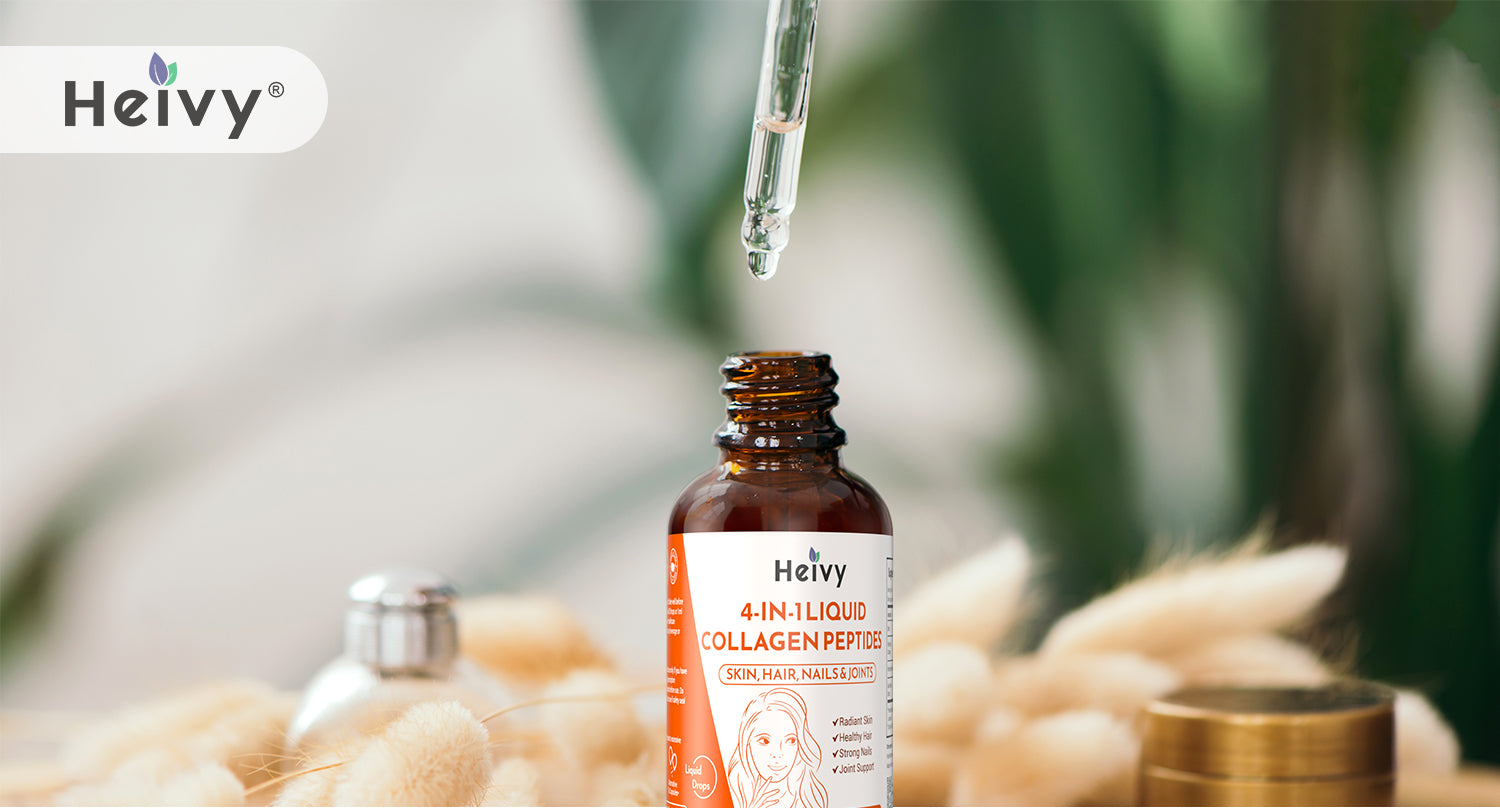Liquid Vitamin Drops and Pills: How to Choose
Vitamins are crucial for maintaining good health and preventing nutrient deficiencies. However, with numerous options available, it can be challenging to determine the best form of vitamin supplementation for you. Among the popular choices are liquid vitamin drops and vitamin pills. This blog post aims to delve into the key differences between these two forms of vitamin supplements, empowering you to make an informed decision.
Absorption Rate:
Liquid vitamin drops and pills differ significantly in their absorption rates. Liquid vitamins have a higher absorption rate because they don't require breakdown in the digestive system before their nutrients can be absorbed. By taking liquid vitamin drops, your body can readily access the nutrients, making them an excellent choice for individuals with digestive issues.
Convenience:
Pills are generally considered more convenient than liquid drops due to their portability and the absence of measuring or mixing requirements. On the other hand, liquid drops may necessitate careful measurement and mixing with water or another beverage. However, some individuals prefer the simplicity of taking a liquid supplement, especially if they struggle with swallowing pills.
Taste and Flavor:
Liquid vitamin drops come in various flavors, making them more palatable for those who dislike the taste of pills. Fruity flavors are commonly available, enhancing the experience of taking your vitamins. On the other hand, pills are usually tasteless, but their size can make them challenging to swallow for some individuals.
Nutrient Concentration:
Liquid vitamin drops often contain a higher concentration of nutrients per serving compared to pills. This means that you may need to take fewer drops to meet your daily vitamin requirements than you would with pills. However, it's important to note that this can vary depending on the brand and formulation. Therefore, reading the label and following the recommended dosage is essential.
Stability and Shelf Life:
Pills generally have greater stability and a longer shelf life compared to liquid vitamin drops. Liquid supplements can be sensitive to light, heat, and air, which may degrade the nutrients over time. Pills, when stored correctly, can remain potent for an extended period.
Price:
The cost of liquid vitamin drops versus pills can vary. Liquid drops may be more expensive per serving due to their higher nutrient concentration and flavoring. On the other hand, pills, being more shelf-stable, may offer a better value for those on a budget.
Heivy is excited to introduce a range of new Vitamin Drops that deserve your attention:
Vitamin D3 Drops: Vitamin D is essential for bone health, immune function, and overall well-being. Vitamin D3 drops provide a convenient way to supplement your daily intake of this vital nutrient. These drops are easy to use, as they can be added to your favorite beverage or taken directly. They are particularly beneficial for individuals with nutrient absorption difficulties or vitamin D deficiency.

Chlorophyll Drops: Chlorophyll, the green pigment found in plants, is known for its detoxifying properties. Chlorophyll drops are a liquid supplement that contains concentrated amounts of this nutrient. Adding these drops to water or another beverage can support healthy digestion, reduce inflammation, and promote overall wellness.

Liquid Collagen Peptides: Collagen is a protein essential for healthy skin, hair, nails, and joints. Liquid collagen peptides provide a convenient way to supplement your daily intake of this vital nutrient. Just like other liquid drops, they can be added to your favorite beverage or taken directly. These drops are particularly beneficial for individuals who have difficulty swallowing pills or prefer a more convenient method of supplementation.

When choosing between liquid vitamin drops and pills, it's important to consider your personal preferences, health needs, and lifestyle. If you prioritize quick absorption and enjoy the taste, liquid drops might be your ideal choice. On the other hand, if convenience and a longer shelf life are important, pills could be a better fit. Consulting with a healthcare professional or

